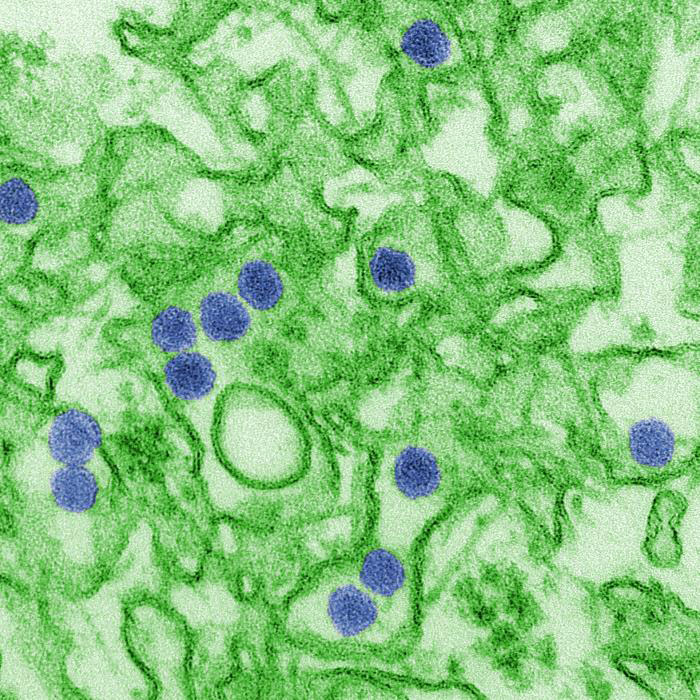
Español | Português
The Zika virus is a re-emerging mosquito-borne virus that was first identified in Uganda in 1947 in rhesus monkeys, and subsequently identified in humans in 1952 in Uganda and the United Republic of Tanzania. Outbreaks of Zika virus disease have been recorded in Africa, the Americas, Asia and the Pacific.
Zika virus is transmitted to people through the bite of an infected mosquito from the
Aedes genus, mainly
Aedes aegypti in tropical regions. This is the same mosquito that transmits dengue virus, chikungunya virus and yellow fever virus.
The recent re-emergence of Zika virus in the Americas and potential links to neurological and auto-immune complications have placed health systems across the globe on high alert. On February 1, 2016, the World Health Organization declared that the recent cluster of microcephaly cases and other neurological disorders reported in Brazil constituted a Public Health Emergency of International Concern under the 2005 International Health Regulations. The US government has not yet issued a declaration of emergency for the Zika virus, microcephaly or Guillain-Barré syndrome.
Frequently Asked Questions
Status Update
Laboratory testing for Zika virus employs two different approaches:
- Molecular testing (real-time polymerase chain reaction (RT-PCR)) for patients who are currently exhibiting symptoms (less than seven days from symptom onset), and
- Serologic testing (IgM enzyme-linked immunosorbent assay (ELISA) and/or plaque-reduction neutralization tests (PRNT)) for patients who are currently asymptomatic or who are in the late stages of the virus (more than four days after symptom onset).
As of May 4, 2016, 37 US public health laboratories can conduct testing for Zika virus using a combination of IgM ELISA, RT-PCR and PRNT.
On February 26, 2016, the Secretary of the US Department of Health and Human Services (HHS), Sylvia Burwell, determined that there is a significant potential for a public health emergency that involves Zika virus and as such, declared that circumstances exist to justify the authorization of the emergency use of in vitro diagnostics for the detection of Zika virus and/or diagnosis of Zika virus infection.
Federal Funding
In February 2016, the Federal government requested significant funding from Congress to combat the Zika virus outbreak. Funding of $1.8 billion would be used both domestically and internationally to strengthen laboratory capacity to respond to Zika. For information on the breakdown in spending and targeted priorities, see “Preparing for and Responding to the Zika Virus at Home and Abroad.”
APHL Response
APHL continues to collaborate with the CDC, state and local public health laboratories, private clinical and international partners to prepare laboratories in the US and abroad to respond to the outbreak of Zika virus. APHL is preparing US state and local public health laboratories to conduct Zika testing, and responding to questions from clinical laboratories in their jurisdictions. APHL is also providing situational updates and technical assistance to member laboratories.
Laboratory Guidance
In the News
Additional Information
For more information, or if you have questions, please contact the APHL Emergency Operations Center at
eoc@aphl.org.